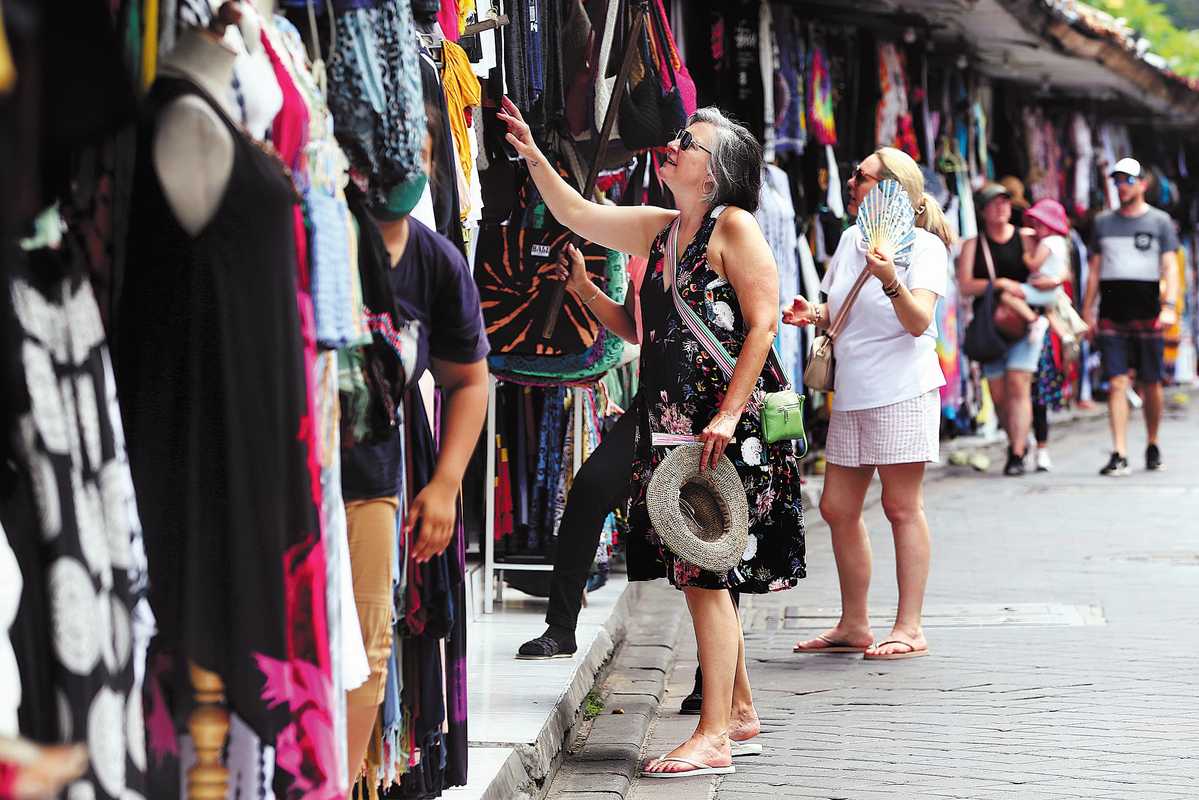Silver lining
As the world ages, Indonesian businesses see opportunities


The demographic transition will result in a demographic bonus, with a larger proportion of the population aged 15 to 64. Over time, this population will age, eventually leading to a surge in the elderly population.
Older Indonesians without health or retirement safeguards are expected to stay in the workforce but are likely to rely on informal jobs, resulting in unstable incomes and increased vulnerability to serious health issues.
"But if the senior citizens have assets and sufficient retirement protection, they can have a good quality of life and enjoy their retirement," he said.
Dewa pointed to opportunities despite the challenging impacts, including the "silver economy" and "silver opportunities", which are expected to drive demand for goods and services related to senior living.
"Geriatric clinics within hospitals will be crucial. Demand for long-term care and caregivers will emerge," he said.
Furthermore, in the finance sector, the opportunity could be maximized by offering pension funds and guarantee programs.
"The potential has to be developed from now on," he said.
Dewa emphasized the need for the government to identify senior citizens' needs and characteristics to provide effective services and protection, as well as strengthening health services for the elderly and exploring community and family-based programs to ensure their welfare.
The government recently acknowledged the growing potential of the segment, with Indonesia's Coordinating Minister for Human Development and Cultural Affairs Pratikno saying that the silver economy could stimulate growth in many sectors.
"In the silver economy, the specific needs of the elderly population, such as health equipment, rehabilitation therapy and senior-friendly public services open a great potential for investment and innovation," he said in a news release in December.
THE JAKARTA POST, INDONESIA
























